The price nightmare in Greece is caused by inflation, which inflates the turnover of supermarkets without increasing consumption. The latest data from the analytics company Nielsen IQ for the whole of 2023 shows the situation in the Greek market: supermarket turnover will cross the barrier of 13.05 billion euros, which is 8.9% more than in 2022.
This suggests that households have had to dig deeper into their pockets, spending €1.05 billion more on the same products than in 2022.
Turnover in the food and beverage sector increasedwhile demand remained unchanged compared to 2022
According to Nielsen IQ, total sales value grew by an average of 8.9%, and turnover of fast moving consumer goods (FMCG) grew by 9.1%. Accordingly, prices for them increased by 8.7%, while demand increased slightly – by only 0.4%.
Food and beverage turnover increased by 9%, as did the rate of unit price growth, while demand remained unchanged compared to 2022. Differences are observed in the turnover (9%) of personal care products and cosmetics, where price increases were more moderate (3.7%) and demand increased by 5.3%.

Greeks spend more on food, saving on other costs.
As Vaios Demoragas, CEO of NielsenIQ, notes, “in early 2023, given persistent inflation in fast-growing consumer goods, there were fears of a significant decline in consumption. In practice, overall volumes were not significantly affected and even showed slight growth towards the end of the year, but obviously with different behavior in each category and, where applicable, different product mixes. Greek consumers are undoubtedly under pressure, but they are seeking and finding solutions to ensure they do not lose out on essentials, which is an encouraging sign of market resilience.”.
In order to maintain the same level of food consumption, Greek residents are forced to switch to cheaper and lower quality products that were previously unavailable on the market. And also, give up other expenses – rest, entertainment, purchases of expensive goods, etc.
Areas with positive growth trends
If we analyze the market in various store typologies, as well as in various geographical regions identified by NielsenIQ, we can draw several equally remarkable conclusions:
As for the different types of stores, the largest growth was shown by the largest premises (more than 2500 sq. m) – +11.5%, which may be due, in particular, to the fact that customers choose larger stores, where, in addition to greater variety , they can find more deals available as well as more competitive prices.
In terms of geographical regions, Crete and Peloponnese continue to show the most positive growth trends (+15.4% and +6.8% respectively), but at the same time this increase in turnover appears to be associated with stronger inflationary pressures in these regions than in the country as a whole.
Growth in office supplies, decline in pandemic-related categories
If we consider the indicators of individual product categories, office supplies show particularly high growth rates (tentatively: toilet paper: +48.6%, kitchen paper +37.0%), mainly due to a very high increase in average prices.
Sales rise and fall
On the other hand, pandemic-related categories such as hand sanitizers (-58.2%) and rubber gloves (-30.1%) continue their downward trend, while the seed oils category shows a significant decline in overall sales ( -16.9%) compared to a high base in 2022 due to the outbreak of war in Ukraine and shortages observed in the market.

Up to 1,110 euros per month for basic products
According to the MEGA study, a family of four needs between 700 and 1,110 euros per month for basic purchases in supermarkets and butchers.
Only on meat products you need to spend from 150 to 300 euros, on dairy products and sausages – from 100 to 200 euros, on fruits and vegetables – from 100 to 200 euros, on pasta, rice and bread – from 50 to 100 euros, and for snacks, juices and soft drinks – from 70 to 180 euros.

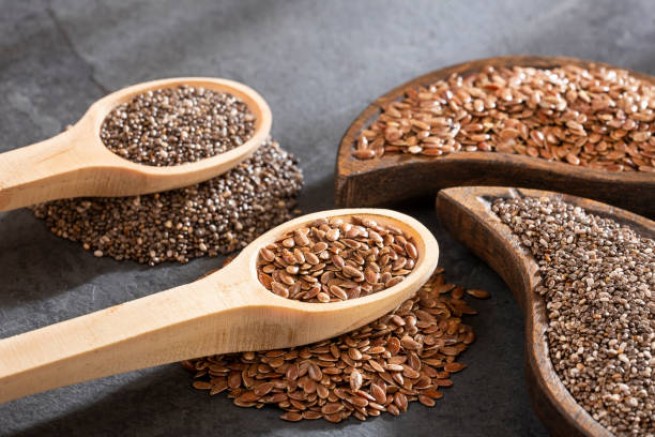
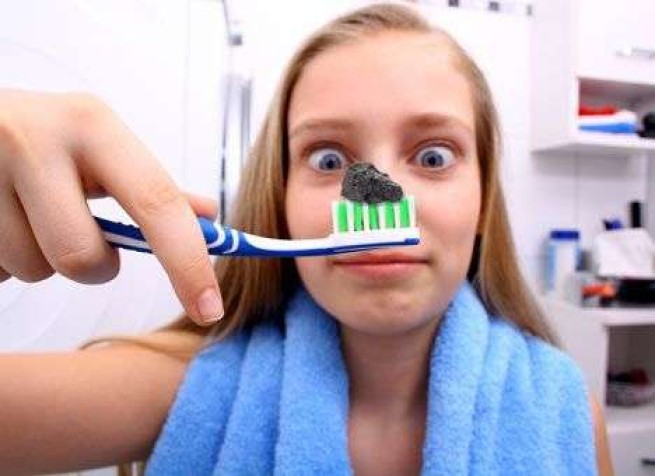
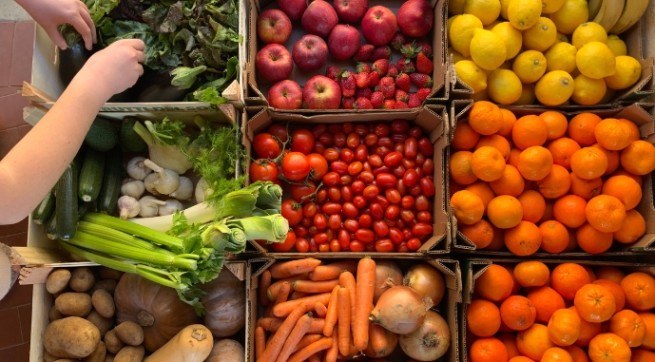
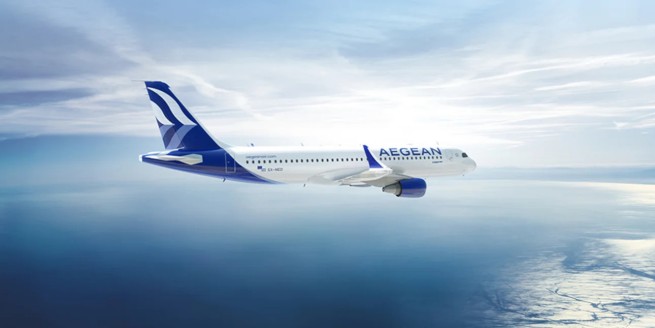
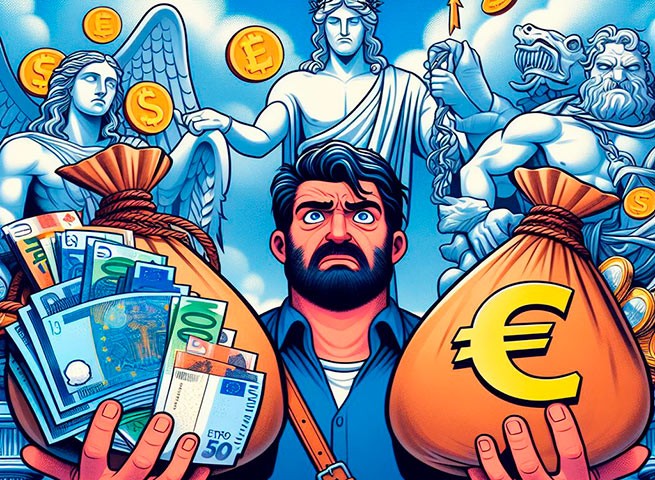

More Stories
Greece is at the bottom of the EU in information and communication technologies
Real wages in Greece fell by 30%
ELSTAT: inflation increased by another 3.2% in March